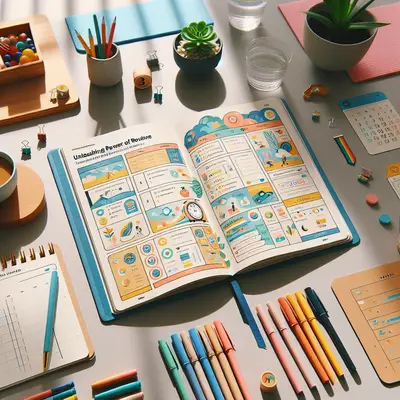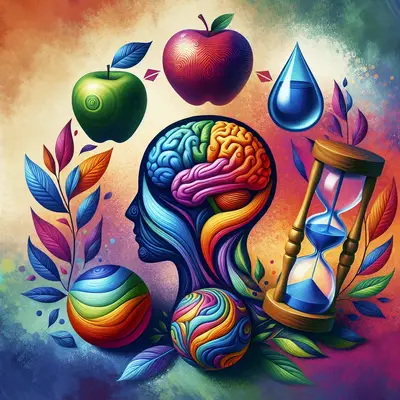Our perception of time is a strange beast, subject to a multitude of influences - from our activity levels to our overall mental state. As we age, we tend to perceive time as moving faster, a phenomenon that has intrigued psychologists for decades.
The Science Behind Time Perception
Several theories have been proposed to explain why time seems to speed up as we age. One common explanation is the "proportional theory," which suggests that as we get older, each year represents a smaller proportion of our lives, making it feel shorter.
Another theory involves the number of new experiences we have. As children, we're constantly encountering new experiences and learning new things. As we get older, fewer experiences are new and thus, less memorable, making time seem to fly by.
Creating New Experiences
How can we slow down our perception of time? One way is to create new experiences. This could mean traveling to a new place, learning a new skill, or simply changing your daily routine. The novelty of these experiences makes them more memorable, which can make time seem to slow down.
Mindfulness and Time Perception
Another way to slow down time is through mindfulness, a practice that involves focusing on the present moment. When we're fully engaged in the present, we're more aware of each passing moment, which can make time seem to slow down. Daily mindfulness practices such as meditation or simply taking a few minutes each day to focus on your surroundings can be incredibly beneficial.
Staying Active and Healthy
Regular physical activity and a healthy lifestyle can also impact our perception of time. Exercise has been shown to slow down the aging process and improve cognitive function, which can help us stay more aware of the present moment. A healthy diet can also boost brain health, further enhancing our awareness of time.
Exploring New Technologies
Finally, exploring new technologies and trends can help keep us engaged with the world and slow down our perception of time. This could involve anything from exploring social media platforms like TikTok to trying out new digital tools or apps. Keeping up with modern trends can keep our minds sharp and engaged, making time seem to slow down.
Conclusion
Ultimately, our perception of time is a complex phenomenon influenced by a variety of factors. While it's natural for time to seem to speed up as we age, there are steps we can take to slow down our perception of time. By staying engaged with the world, creating new experiences, practicing mindfulness, maintaining a healthy lifestyle, and exploring new technologies, we can make each moment count.



